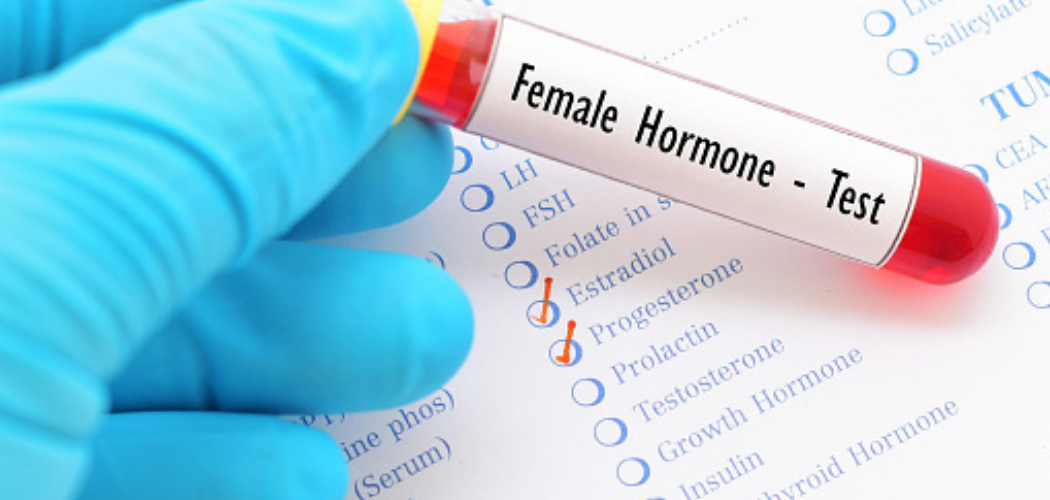A female
hormone profile test offers important information about a woman’s health and
helps determine where she is in her menstrual cycle, disclose fertility
problems, or indicate that menopause is approaching. A blood test to detect
female hormone levels can also help with the diagnosis of medical disorders
such as thyroid disease or diabetes.
Estrogen is a hormone that affects several
areas of a woman’s health, including bone and reproductive health. Estrogens
are a class of hormones that play an important role in the development of a
female's physical characteristics and reproductive functions, such as the
breast and the uterus along with the regulation of the menstrual cycle.
An estrogen test or female hormone profile test is a
simple blood test that can detect up to three different kinds of estrogen-
1. Estrone or E1,
the main hormone made by women after menopause
2. Estradiol or E2,
the main hormone made by the women when they are not pregnant
3. Estriol or E3,
the main hormone made by the women during the time of pregnancy
Estrogen tests are performed in the
cases of-
Irregularity of periods
Trouble in getting pregnant
Vaginal bleeding after menopause
When puberty appears to be early or
delayed
When you are biologically male but
display female characteristics
Obesity, light or heavy menstrual bleeding, worsening
premenstrual syndrome, lethargy, and a decrease in sex drive are all symptoms
of high estrogen levels.
Estrogen test procedur
There is no need for you to do anything, in particular, to prepare for an estrogen test. Before the test, you should brief your doctor about all the medications and supplements that you take as they can
majorly affect the test results. Estrogen levels can be measured in blood, urine, and saliva.
For a blood test:
Blood samples will be collected from the veins of your arm into a test tube or vial. Your blood sample will then be tested in the lab.
For a urine test:
A 24-hour urine sample test is done where you are asked to collect all the urine passed in a 24-hour period. Your doctor will explain to you how to collect and store your urine and you will be provided with a container for the same.
Saliva test:
This test
can be easily carried out at your home with the help of an at-home kit. Your
doctor will instruct you on which kit to purchase as well as how to prepare and
collect a sample.
Estrogen test results-
Estrogen
levels that are considered normal or healthy vary according to age and gender.
For women, pregnancy has a significant impact on estrogen levels in women. In
addition to regulating the menstrual cycle, estrogen has an impact on the
reproductive tract, urinary tract, bones, heart and blood vessels, hair,
breasts, skin, mucous membrane, pelvic muscles, and the brain. The test
findings can assist you in determining the reason for your symptoms.
Low E1 and
E2 levels in women are due to -
Primary ovarian insufficiency is a condition where the ovaries of women stop working
before the age of 40.
Turner syndrome is a condition in which a woman’s sexual features do not develop normally.
Polycystic ovary syndrome (PCOS), is a common hormone disease that affects childbearing women.
PCOS is the leading cause of infertility in women.
Menopause
Anorexia nervosa or eating disorder
High
estrogen levels occur with conditions such as-
1. Worsened premenstrual syndrome
2. Obesity
3. Fatigue
4. Loss of sex drive
5. Light or heavy menstrual bleeding
Medications such as Clomid might induce a drop
in estrogen levels whereas medications like Steroid hormones, phenothiazines,
tetracycline, antibiotics, and ampicillin can raise estrogen levels.



 Login/Sign Up
Login/Sign Up





